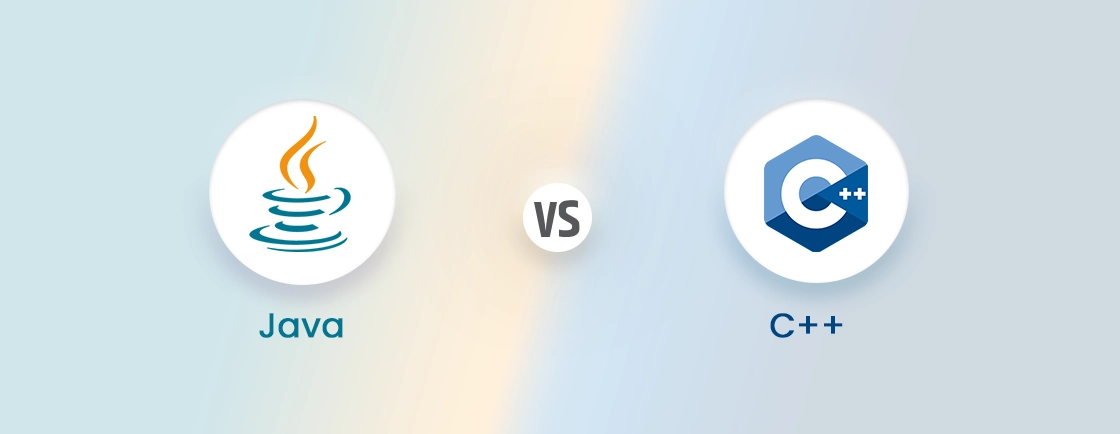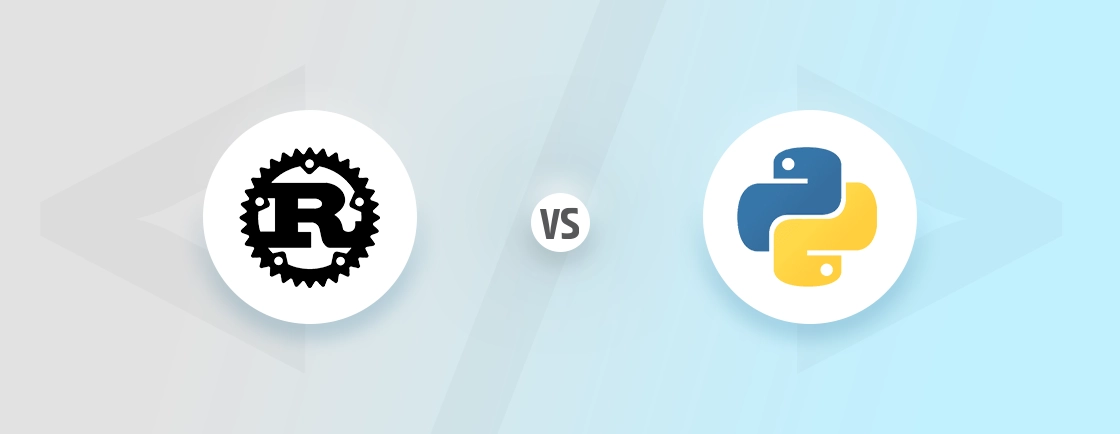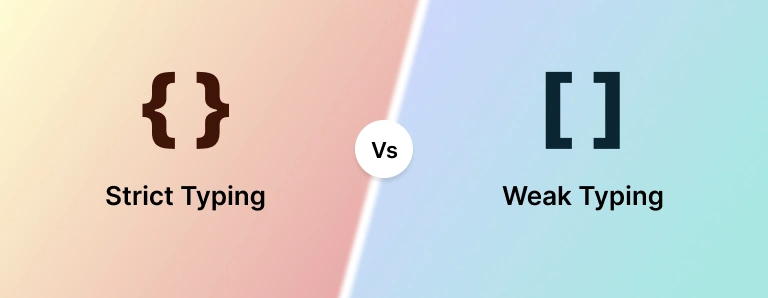Table of Contents
If you’re planning to start or scale your online business, the tools you choose can make all the difference. Two of the most popular eCommerce platforms are ClickFunnels and Shopify. While both can help you reach customers and grow your sales, they serve different purposes and cater to unique business needs.
To help you make the right choice, we have created this guide – ClickFunnels vs Shopify. Let’s dive in and explore what each platform offers!
What is ClickFunnels?
ClickFunnels is a powerful sales funnel builder designed to simplify the process of selling your products and services online. Whether you’re selling digital products like courses and eBooks or even physical goods, ClickFunnels helps you create a step-by-step sales journey that turns visitors into customers.

The beauty of ClickFunnels is that it doesn’t require any coding skills. You can create highly customized landing pages, sales pages, and entire sales funnels that are tailored to guide potential buyers toward making a purchase. It’s a one-stop solution for anyone looking to increase conversions and grow their online business.
ClickFunnels offers a variety of funnel types, such as opt-in funnels (to capture leads), sales funnels (to make sales), webinar funnels (to host live or recorded webinars), and even membership funnels (for subscription-based businesses). Plus, it integrates easily with other tools, making it flexible and adaptable for different marketing needs.
How Does it Work?
Getting started with ClickFunnels is straightforward. Once you sign up, you can begin building your sales funnel using their drag-and-drop editor—no technical knowledge needed. Whether you want to create a landing page with a striking image, add a sales video, or introduce a special offer with a pop-up, it’s all done through an easy-to-use interface.
If you’re short on time or design ideas, ClickFunnels has a library of pre-made templates that you can tweak to match your brand. From the colors to the layout, everything is customizable, allowing you to create a unique sales funnel that fits your business perfectly.
The magic of ClickFunnels is in how it structures the customer journey. Each page in the funnel has a clear purpose, like collecting email addresses, presenting a product, or upselling additional services. As your visitors move through the funnel, they are guided step-by-step toward completing the desired action—whether that’s making a purchase, signing up for a webinar, or becoming a lead.
On top of that, ClickFunnels comes equipped with built-in features like A/B testing, conversion tracking, and automation tools. These features help you monitor your funnel’s performance, test different strategies, and set up workflows that respond to user behavior automatically, making your online sales process smoother and more efficient.
What is Shopify?
Shopify is one of the most popular platforms for building and running an online store. It provides everything you need to set up, manage, and grow your eCommerce business, no matter what you’re selling—whether it’s physical products like clothing or digital goods like software.

With Shopify, even if you don’t have any coding or design skills, you can create a sleek and professional online store. It offers a user-friendly interface and customizable templates that allow you to build a beautiful storefront that matches your brand. Plus, Shopify helps you handle all the important back-end tasks like inventory management, order fulfillment, and payment processing.
One of Shopify’s strengths is its ability to grow with your business. It doesn’t matter if you’re just starting out with a few products or running a large-scale operation—Shopify scales with you. And with its massive app store, you can integrate additional tools for marketing, customer support, accounting, and more, making your store even more powerful.
How Does it Work?
Getting started with Shopify is super simple. After signing up for an account, you’ll go through a step-by-step process to set up your store. First, you choose a theme for your store from Shopify’s library of professionally designed templates. Each theme can be easily customized to suit your brand using the drag-and-drop editor, allowing you to tweak layouts, colors, and fonts without touching any code.
Once your store’s design is set, you can start adding your products. Shopify makes it easy to upload product images, write descriptions, set prices, and even manage variations (like different sizes or colors). You can organize your products into categories or collections to make browsing simple for your customers.
Shopify also handles all the logistics of running an online store. It integrates with popular payment gateways like PayPal and Stripe, ensuring your customers can pay securely and easily. With Shopify Payments, you can even skip third-party fees and handle transactions directly within the platform.
Once orders start coming in, Shopify gives you all the tools to manage fulfillment. You can view and process orders, print shipping labels, and track deliveries—all from your dashboard. Shopify works with major shipping carriers, so you can offer real-time shipping rates and ensure a smooth experience for your customers from purchase to delivery.
ClickFunnels vs Shopify: A Quick Comparison
| Aspect | ClickFunnels | Shopify |
|---|---|---|
| Primary Focus | Sales funnel creation and optimization | Full eCommerce platform for building online stores |
| Ease of Use | Simple drag-and-drop funnel builder | Intuitive store builder with customizable themes |
| Sales Funnel Tools | Advanced, designed specifically for funnel building | Basic (requires third-party apps for more advanced funnels) |
| Online Store Management | Limited store features | Comprehensive store management (inventory, sales, etc.) |
| Inventory Management | Basic inventory tracking | Full-fledged system for managing stock, shipping, and orders |
| Payment Gateways | Supports Stripe, PayPal, and Authorize.net | Integrates with various gateways + Shopify Payments |
| SEO | Basic SEO tools | Advanced SEO features (sitemaps, image optimization) |
| Customer Support | Email and live chat (business hours only) | 24/7 support via email, live chat, and phone |
| Best For | Businesses focused on lead generation and sales funnels | Businesses focused on eCommerce and scaling their online store |
ClickFunnels vs Shopify: A Head-to-Head Comparison
Now that we’ve explored what ClickFunnels and Shopify bring to the table, it’s time to see how they stack up against each other. Both platforms have unique strengths, but depending on your business needs, one may suit you better than the other. Let’s break it down and compare the key features that matter most when selling online.
Pricing
When it comes to pricing, both ClickFunnels and Shopify offer various plans to suit different business needs. Let’s take a closer look at how their pricing structures compare.
ClickFunnels Pricing
ClickFunnels offers a 14-day free trial, allowing you to test out the platform before committing to a plan. Once the trial ends, you have two main pricing options:

Startup Plan – $97/month
This plan includes:
- 3 Brand Workspaces
- 3 Team Members
- Unlimited Funnels, Courses, Members, Contacts, Pages, and Domains
Pro Plan – $297/month
This plan offers more flexibility with:
- 10 Brand Workspaces
- 10 Team Members
- Unlimited Funnels, Courses, Members, Contacts, Pages, and Domains
ClickFunnels’ pricing is aimed at businesses that rely heavily on building and optimizing sales funnels, providing unlimited access to all the essential tools you need.
Shopify Pricing
Shopify offers more tiered pricing options, starting as low as $1 for the first month across all plans. After the first month, you can choose from the following plans:

Basic Plan – $39/month
This includes:
- Up to 77% shipping discount
- 10 inventory locations
- Localized global selling for 3 markets
- POS Lite
- 24/7 chat support
Shopify Plan – $105/month
This includes:
- Up to 88% shipping discount
- 5 additional staff accounts
- POS Lite
Advanced Plan – $399/month
This includes:
- Custom reports and analytics
- 15 additional staff accounts
- 10x checkout capacity
- 10 inventory locations
Shopify Plus – $2300/month (on a 3-year term)
This includes:
- Up to 200 inventory locations
- Unlimited staff accounts
- Fully customizable checkout with 40x capacity
- 200 POS Pro locations
Verdict: If you’re focused on creating advanced sales funnels and need specialized tools, ClickFunnels justifies its higher price. However, for businesses looking for more affordable and scalable options to build an online store, Shopify provides a wider range of pricing plans, making it the more accessible choice for most eCommerce businesses.
Sales Funnels
ClickFunnels is built specifically to create and optimize sales funnels. It offers an array of customizable templates designed to convert visitors into leads and sales. With features like A/B testing, funnel analytics, and detailed conversion tracking, ClickFunnels makes it easy to fine-tune your funnels for maximum performance.
Shopify, on the other hand, is more focused on being a full-fledged eCommerce platform. While you can create basic sales funnels through third-party apps, it doesn’t match ClickFunnels’ depth and precision for funnel building.
Verdict: If you need advanced sales funnels, ClickFunnels is the better option. If your priority is building a full online store, Shopify can still get the job done with the help of apps.
Online Store Builder
ClickFunnels does offer store-building functionality but is primarily geared toward funnel creation. It’s not an eCommerce solution at its core, so its online store features are limited.
Shopify excels as a comprehensive eCommerce platform. It offers a full suite of tools to help you build, manage, and customize your online store. Shopify’s themes, templates, and robust app store make it easy to create a professional online store with minimal hassle.
Verdict: For building an extensive and scalable online store, Shopify takes the lead.
Inventory Management
ClickFunnels offers basic inventory management, but it’s not designed for businesses with extensive product catalogs. You can manage quantities and keep track of a few products, but the functionality is quite limited.
Shopify has a powerful inventory management system built in. You can track stock levels, manage product variants, and even handle shipping, making it ideal for businesses with large inventories.
Verdict: For detailed inventory management, Shopify is the better choice.
CRM System
ClickFunnels focuses heavily on lead generation and has some basic CRM features like tagging and segmenting leads. It’s designed to nurture prospects throughout the funnel, but it doesn’t offer the same level of customer management as Shopify.
Shopify’s CRM features are more comprehensive. It allows you to manage customer data, purchase history, and even segment customers for targeted marketing. Shopify also has abandoned cart recovery and integrates with customer loyalty programs.
Verdict: For lead generation and funnel nurturing, ClickFunnels works well, but for a full-fledged CRM system, Shopify wins.
Analytics
ClickFunnels provides funnel-focused analytics. You can track visitors, monitor conversions, and measure the effectiveness of each step in your sales funnel.
Shopify offers broader eCommerce analytics. You can track sales, customer behavior, and overall store performance. Shopify also integrates with tools like Google Analytics for more in-depth insights.
Verdict: If you need detailed funnel analytics, go with ClickFunnels. For overall eCommerce analytics, Shopify is the better choice.
Integrations
ClickFunnels integrates with a number of third-party apps, including payment gateways, email marketing tools, and webinar services. However, its app marketplace is not as extensive as Shopify’s.
Shopify’s app store is vast, with hundreds of integrations covering everything from marketing to shipping and accounting. You can easily customize and scale your store with a wide range of apps.
Verdict: Shopify has the edge with a wider selection of integrations.
Payment Gateways
ClickFunnels integrates with major payment processors like Stripe and PayPal. However, it doesn’t have its own payment processing system.
Shopify, in addition to supporting popular gateways like PayPal and Stripe, also offers its own payment processor, Shopify Payments. This can reduce transaction fees for Shopify users.
Verdict: For payment processing flexibility, Shopify comes out ahead, especially with its own built-in payment system.
SEO
ClickFunnels offers basic SEO features, such as customizable meta titles and descriptions. However, it lacks more advanced SEO capabilities like automatic sitemap generation or image optimization.
Shopify offers great SEO features. With built-in tools for sitemaps, image optimization, and schema markup, Shopify helps your store rank higher in search engines. It also includes a blog feature to boost content marketing efforts.
Verdict: Shopify is the better option if SEO is a priority for your business.
Customer Support
ClickFunnels offers customer support via email and live chat, but only during business hours. It does have a knowledge base and community forum for additional help.
Shopify provides 24/7 support through email, live chat, and phone. It also has a robust help center and community forum, making it more accessible whenever you need assistance.
Verdict: With 24/7 support, Shopify takes the lead in customer support.
Finally, Which One Should You Choose – ClickFunnels or Shopify?
In ClickFunnels vs Shopify, the right choice depends on your business goals and what you need to prioritize.
If your main focus is building sales funnels to convert leads and increase sales, ClickFunnels is the better option. It’s designed specifically for creating high-converting funnels, and it’s perfect for businesses that sell digital products, courses, or services. The platform’s advanced funnel-building tools help guide your audience through a targeted process, turning visitors into paying customers.
On the other hand, if you’re aiming to build a comprehensive eCommerce store where you can manage everything from inventory to customer service, Shopify is the clear winner. Shopify’s flexibility, lower pricing options, and extensive features make it ideal for businesses selling physical or digital products at scale. It’s a full-fledged platform that’s built to handle all aspects of an online store, and its user-friendly interface makes it easy for even beginners to get started.
Ultimately, it’s about what your business needs right now. Whether you want to focus on funnel optimization or create a scalable online store, both platforms have a lot to offer. Consider your priorities and choose the one that aligns best with your goals!
Conclusion
At the end of the day, both ClickFunnels and Shopify are excellent platforms, but they serve different purposes. If you’re looking to create highly optimized sales funnels and focus on lead generation and conversions, ClickFunnels is the way to go. It’s perfect for businesses that prioritize customer journeys and funnel optimization.
On the other hand, if you’re building an online store and need a full eCommerce solution that can handle everything from inventory to payment processing, Shopify is your best bet. It’s scalable, easy to use, and packed with features designed to grow your business.
If you want a custom eCommerce store for your business requirements, consult our eCommerce development services!
FAQs on ClickFunnels vs Shopify
Can you connect ClickFunnels to Shopify?
Yes, you can connect ClickFunnels to Shopify using the Funnel Orders app or other third-party integration tools available in the Shopify App Store. This allows you to create funnels in ClickFunnels while handling orders through Shopify.
Can you build sales funnels on Shopify?
While Shopify is not built specifically for sales funnels, you can create custom funnels using apps and tools available on the platform. You can also track how customers move through your store and optimize their journey by setting up goals and steps in your Shopify admin settings.
Which platform is better for beginners, ClickFunnels or Shopify?
Shopify is generally more beginner-friendly for setting up an online store, with its easy-to-use interface and step-by-step guides. ClickFunnels is great for beginners focused on sales funnels, but the learning curve can be steeper if you’re new to building funnels.
Compare the best tech side by side.
Our in-depth comparisons help you see features, pros & cons, and choose the right tools confidently.





